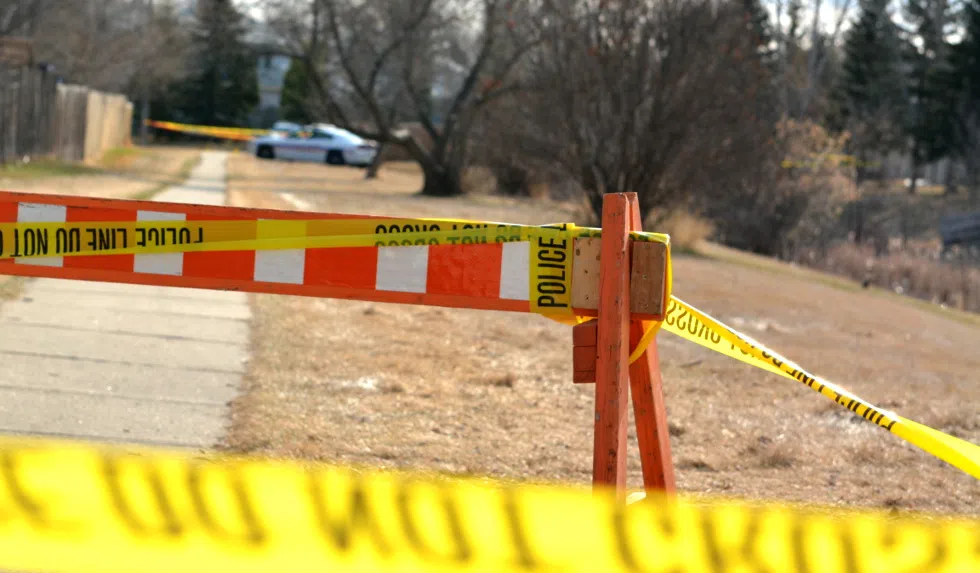
Saskatchewan needs long-term approach to crime: researcher
Saskatchewan needs a better approach to tackle the high rates of crime in the province says one public policy researcher.
Dale Eisler, senior policy fellow at the Johnson Shoyama Graduate School of Public Policy, published a report last week titled Crime in Saskatchewan: The issue too many would rather ignore in which he argued for a long-term crime reduction approach that addresses the root causes of crime. Unfortunately, Eisler said, many prefer to avoid the issue entirely.
“Crime, the determinants of crime and the social and economic consequences that result don’t get the attention they deserve, particularly from policy-makers,” Eisler told paNOW. “If you’re not directly affected you tend to make it someone else’s problem and not yours.”
Communities without political influence are almost always the most strongly impacted by crime, Eisler said, as they are the easiest for policy-makers and the general public to overlook. This, Eisler said, leaves the province’s often-marginalized First Nations communities bearing the brunt of Saskatchewan crime and the negative consequences that result.


